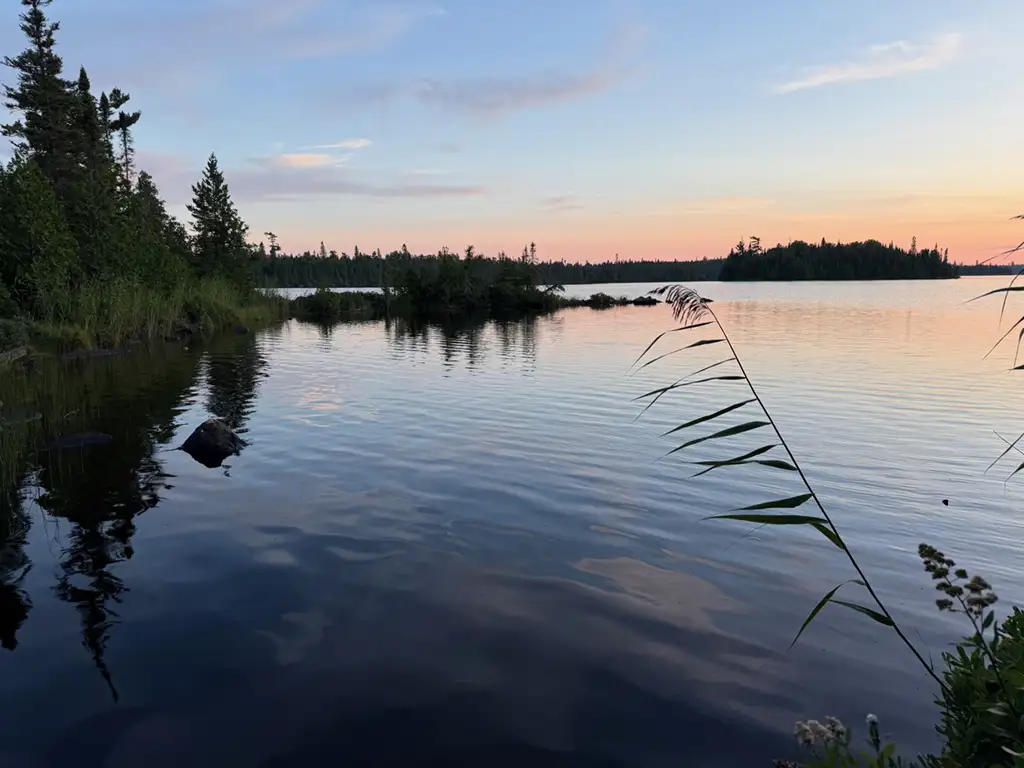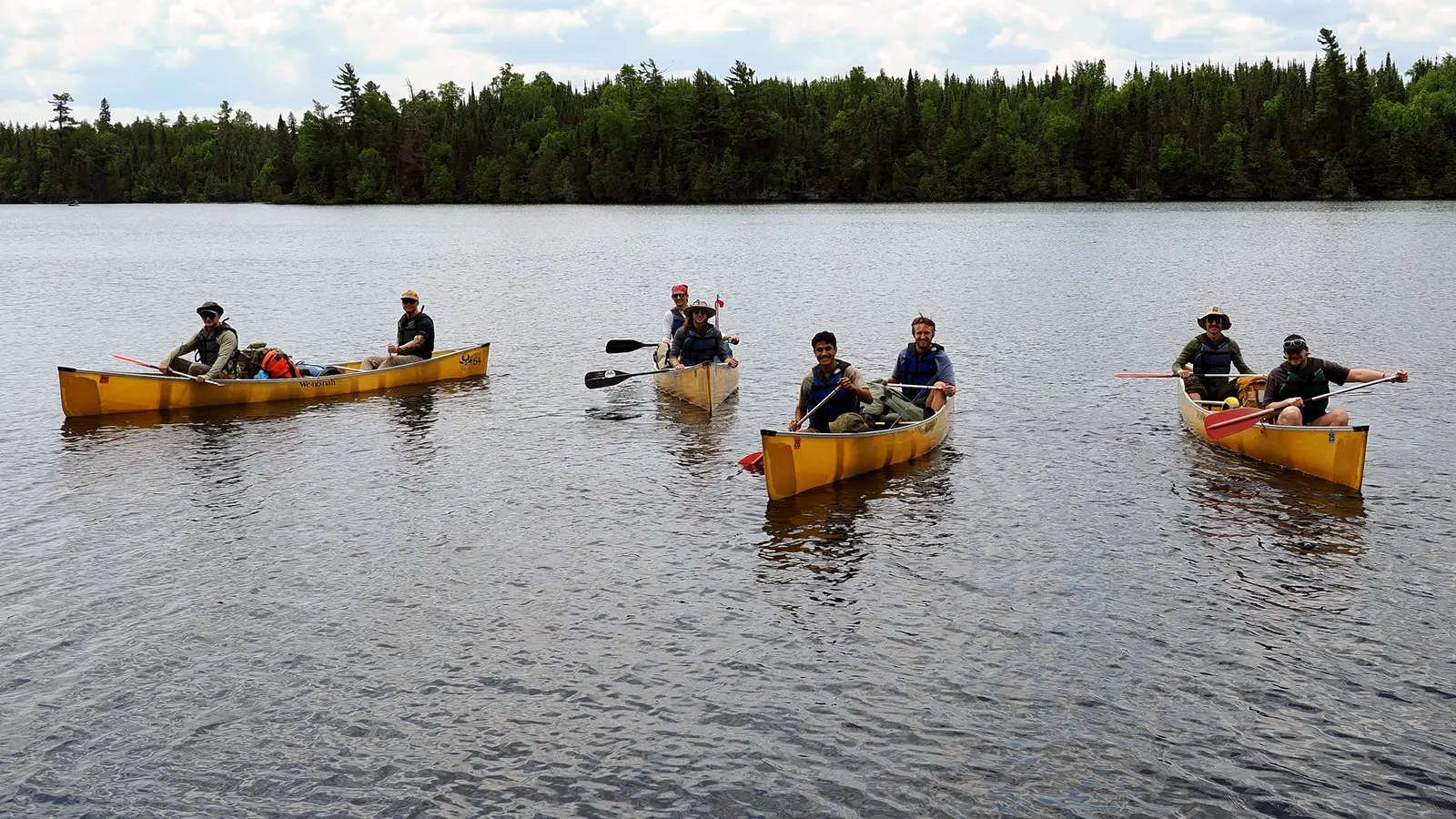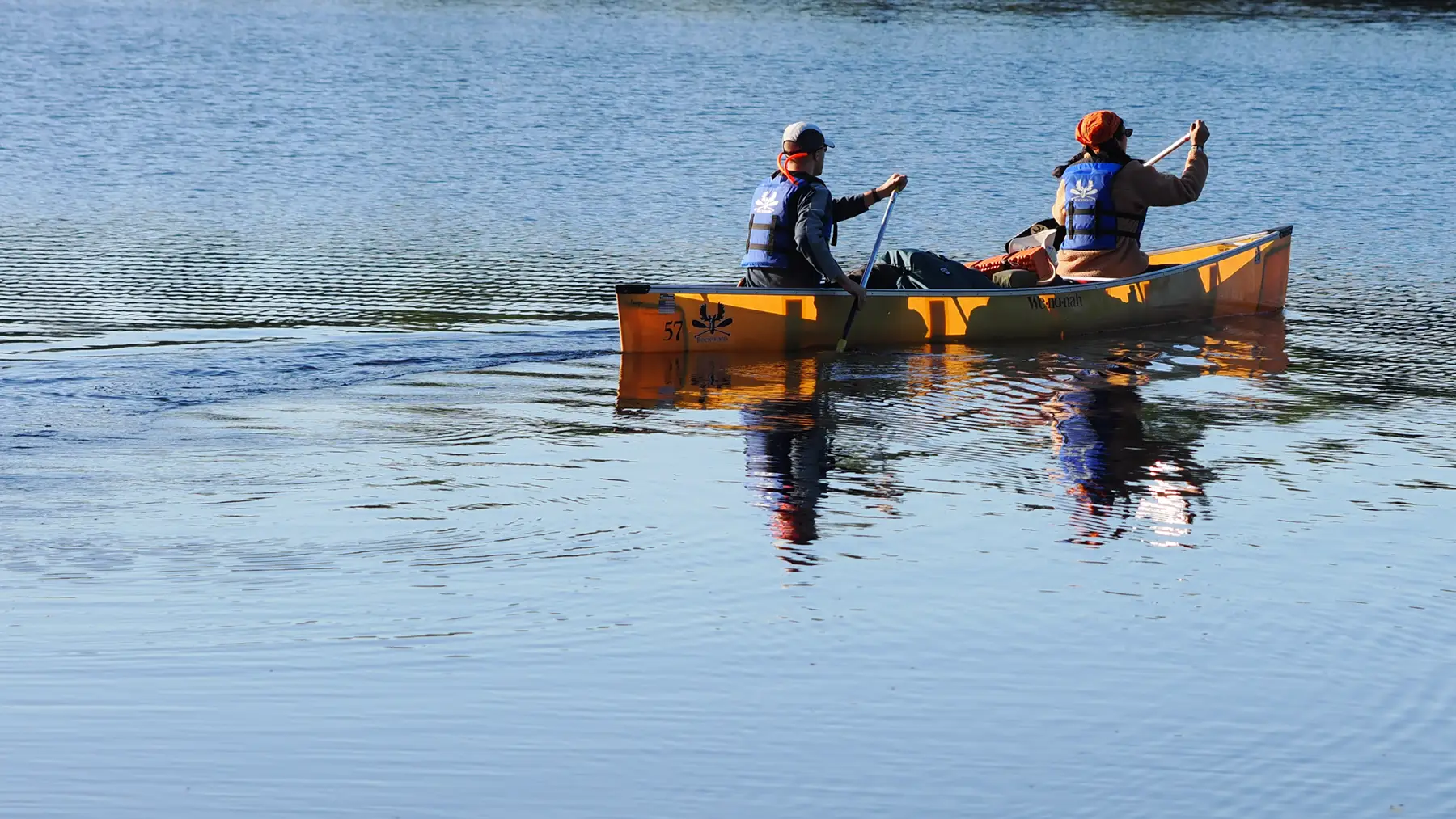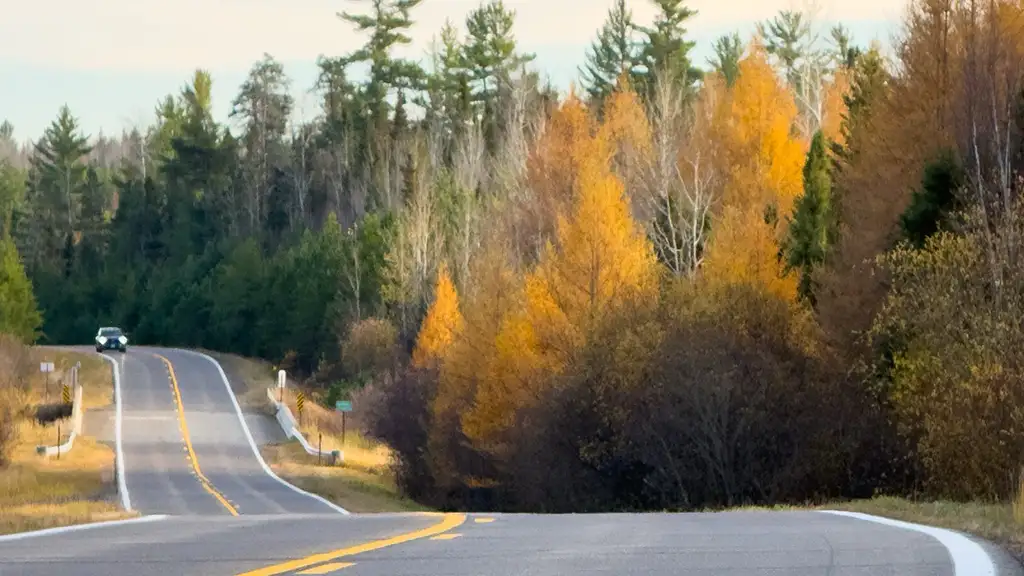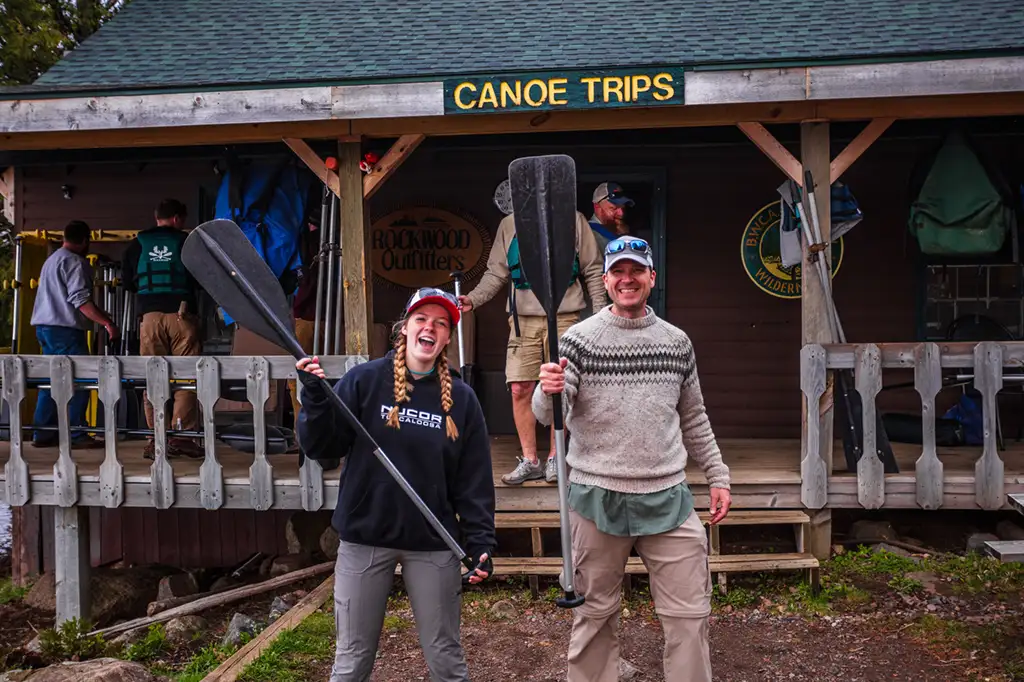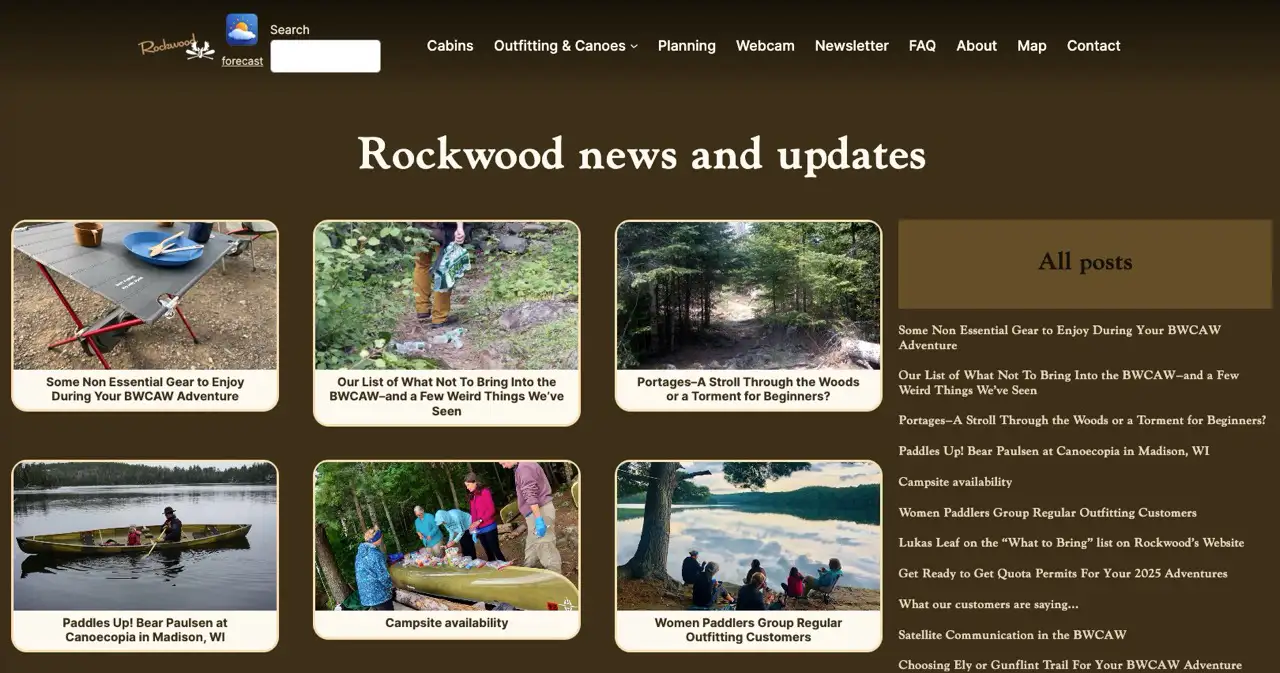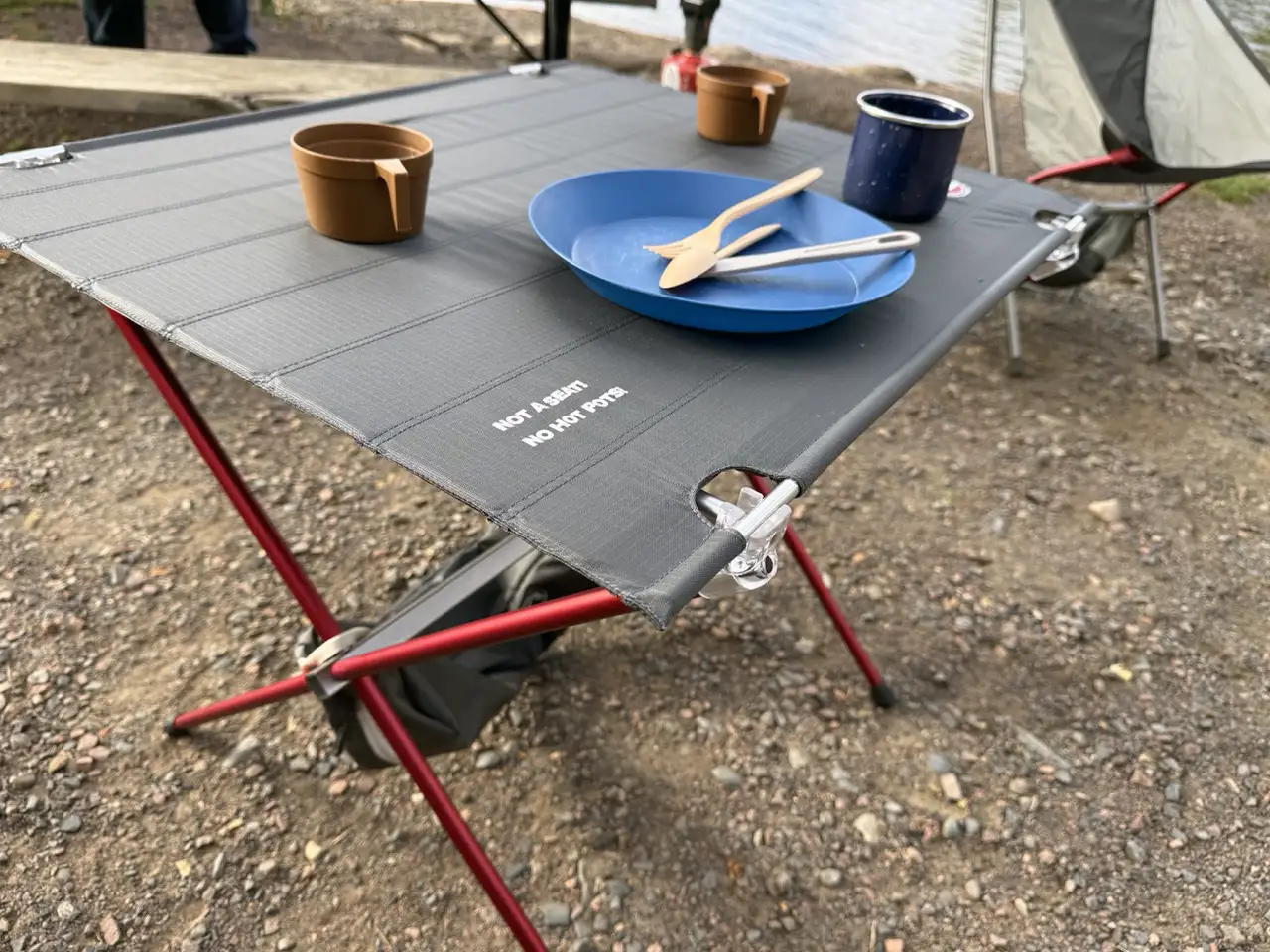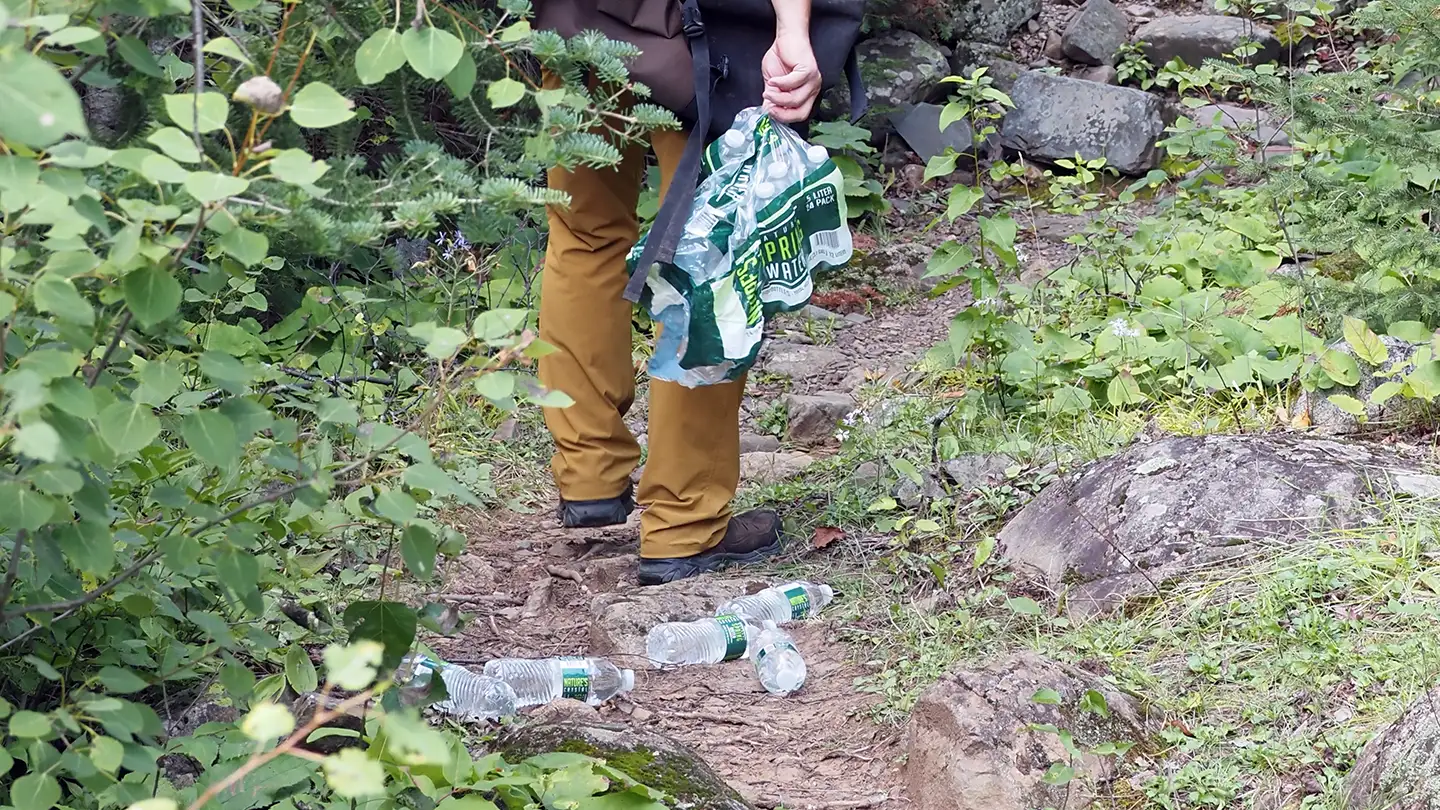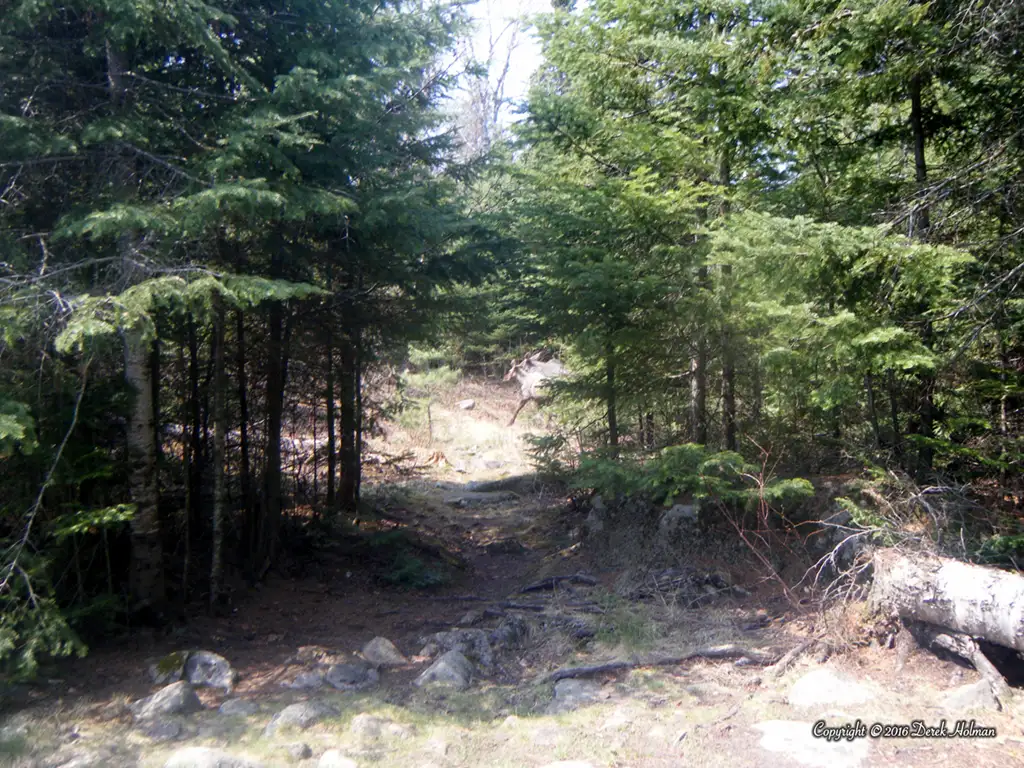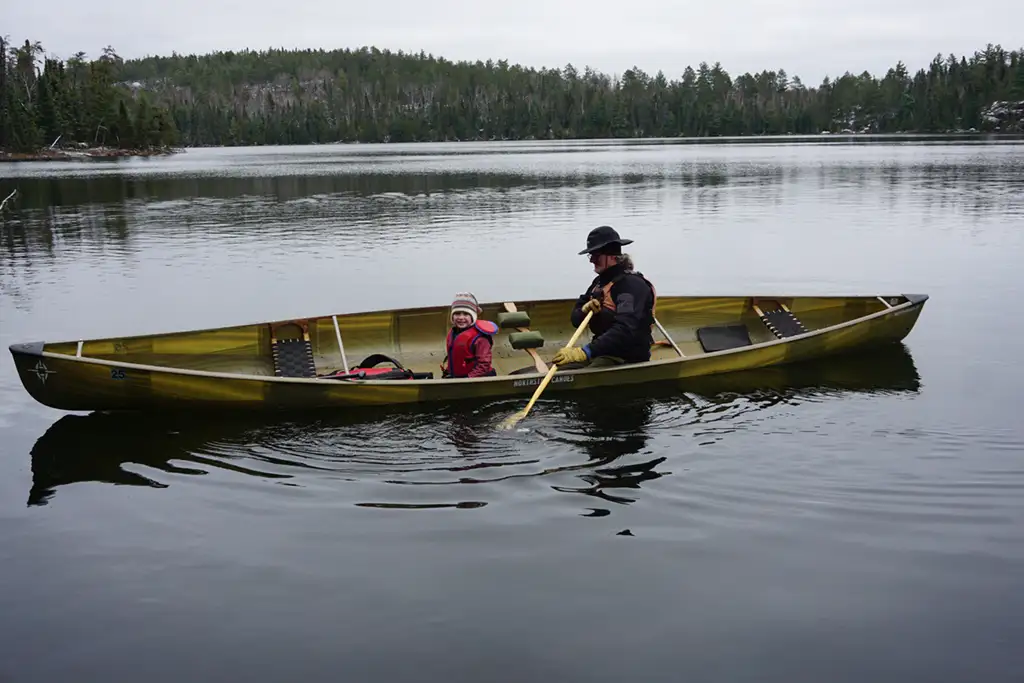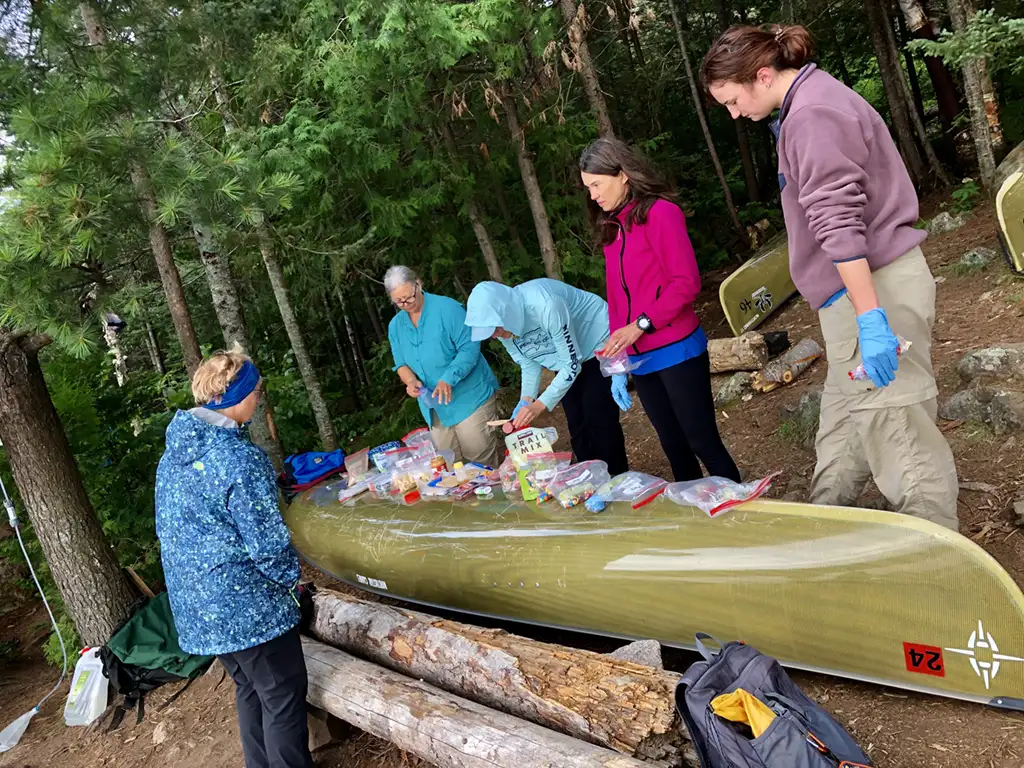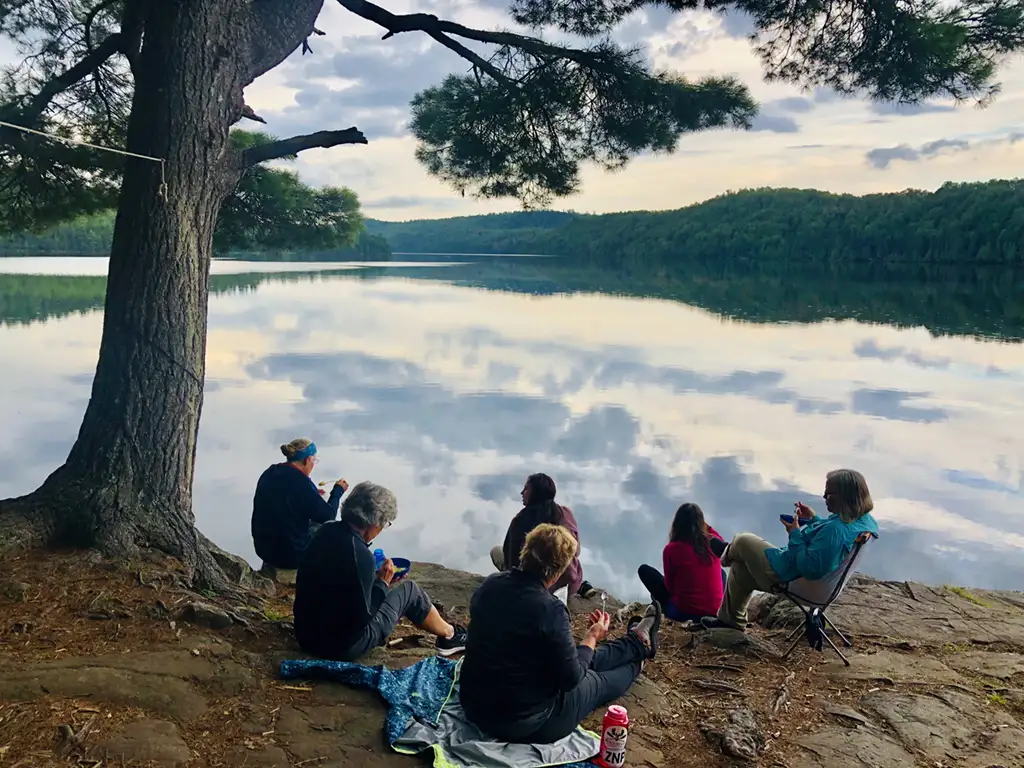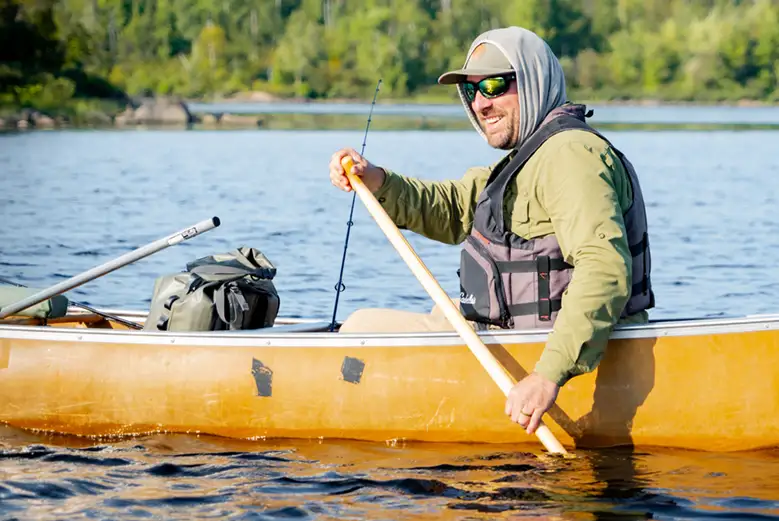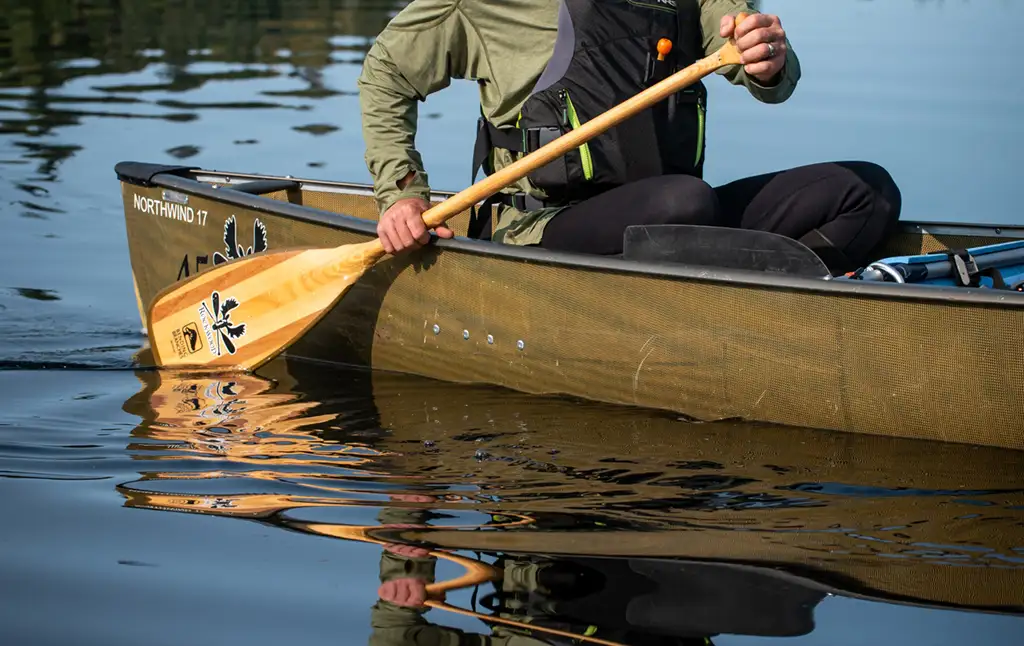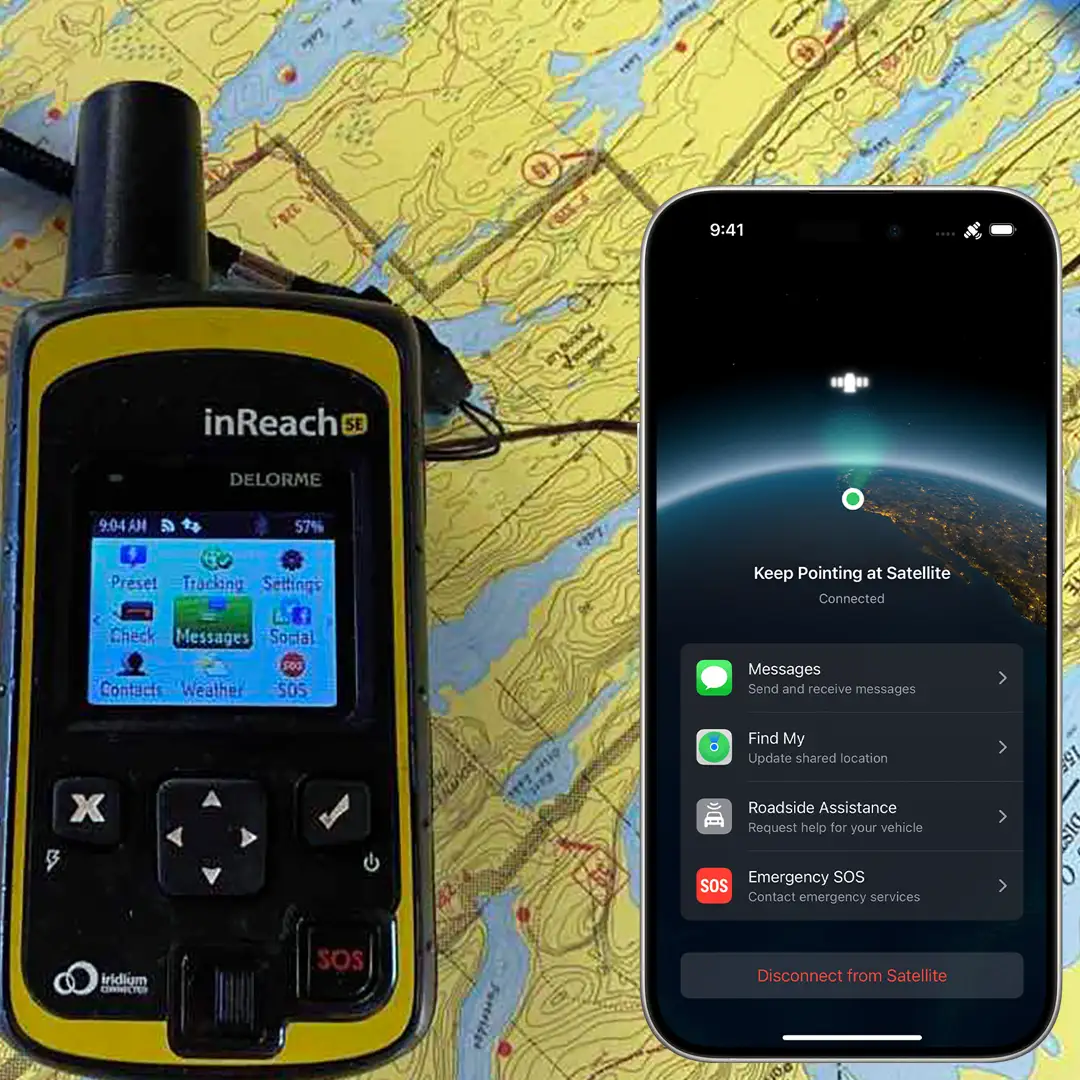Outdoor Ethics – Why We Go Outside
Despite the advertising in mass media for large pickup trucks, motorcycles, speedboats, and factory-brewed beer in wilderness settings, not everyone wants to catch rainbow trout on a tumbling river or drive a Land Rover to the edge of a cliff. Many argue, however, and it may be true, that humans have an innate, biological bond with nature. Our evolutionary history as a species has hardwired a preference for and a need to be in natural environments.
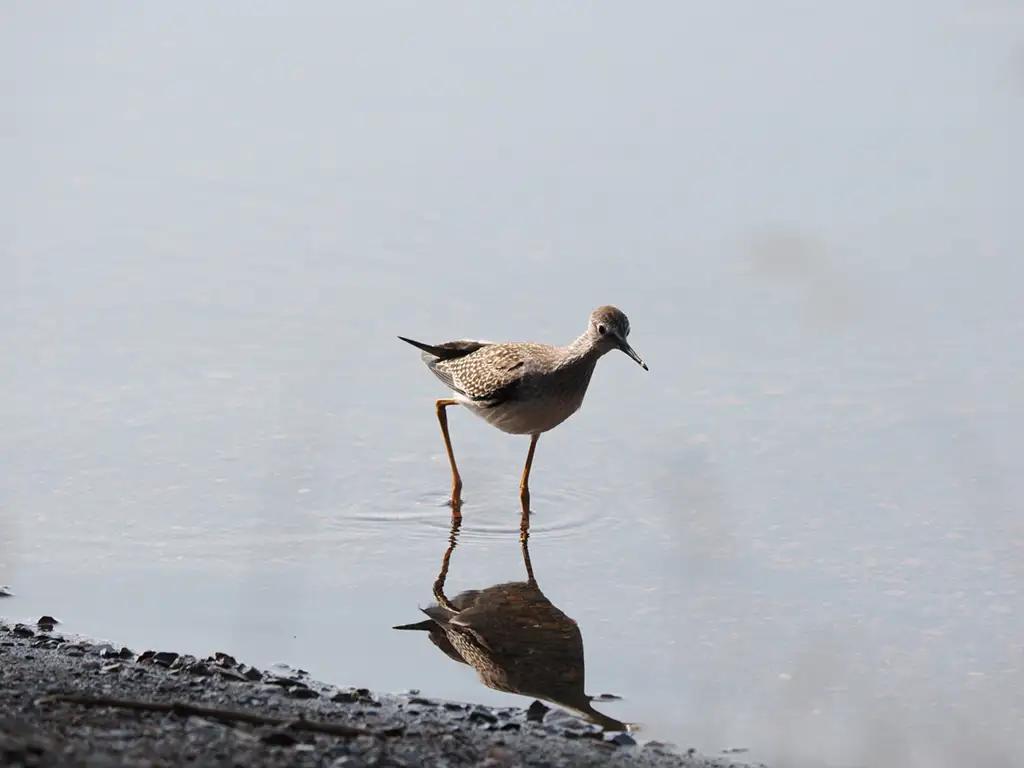
Regardless of whether the desire is innate or learned, there is substantial scientific evidence that spending time in nature has a restorative effect on human beings, rejuvenating our spirits, reducing stress, and improving both mental and physical health.
While we are drawn to the wilderness for authenticity and escape, the modern experience is too often filtered through social media, corporate branding, and consumerism. It’s time to reclaim our perspective and truly protect and connect with the outdoors. We must move beyond a consumer-driven, ‘marketed’ idea of wilderness and embrace a deeper, more ethical relationship with the wilds.
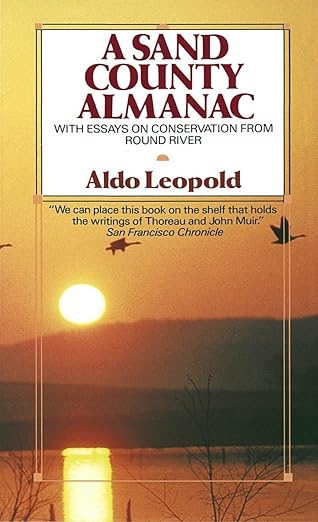
The Legacy of Land Ethic
In his landmark environmental book A Sand County Almanac, Aldo Leopold introduced a philosophy that expands the concept of community to include not only humans but also the natural world—soils, waters, plants, and animals. His environmental classic redefines how we think about the natural world—an urgent call for preservation that’s more timely than ever. He argues that we must move beyond viewing land as mere property or an economic resource to be exploited. Instead, he proposes that we should see ourselves as “plain members and citizens” of an interconnected “biotic community.” This outdoor ethics shift in perspective means we have a moral obligation to the land, as well as our “Leave no trace” commitment to the BWCAW.
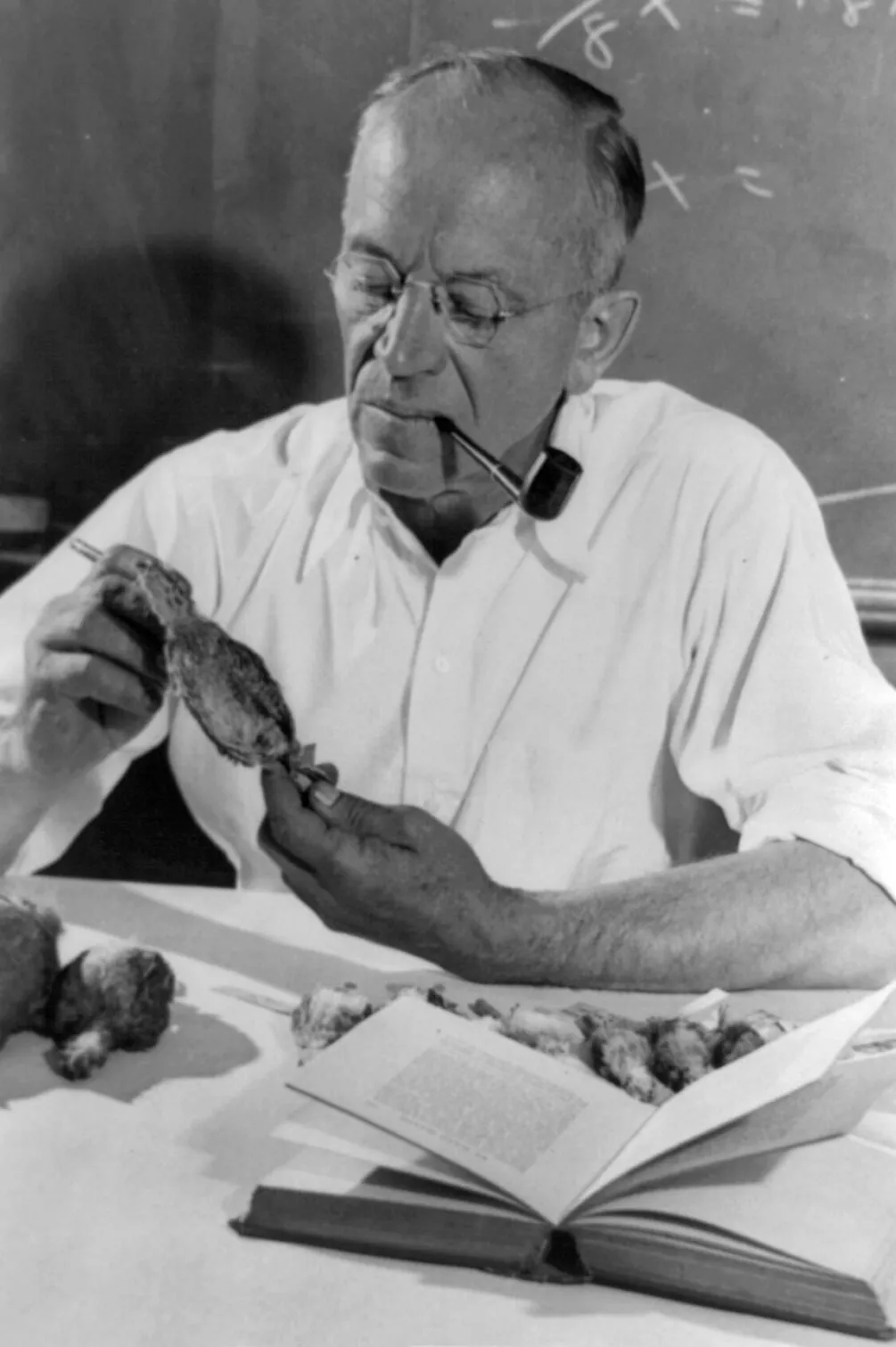
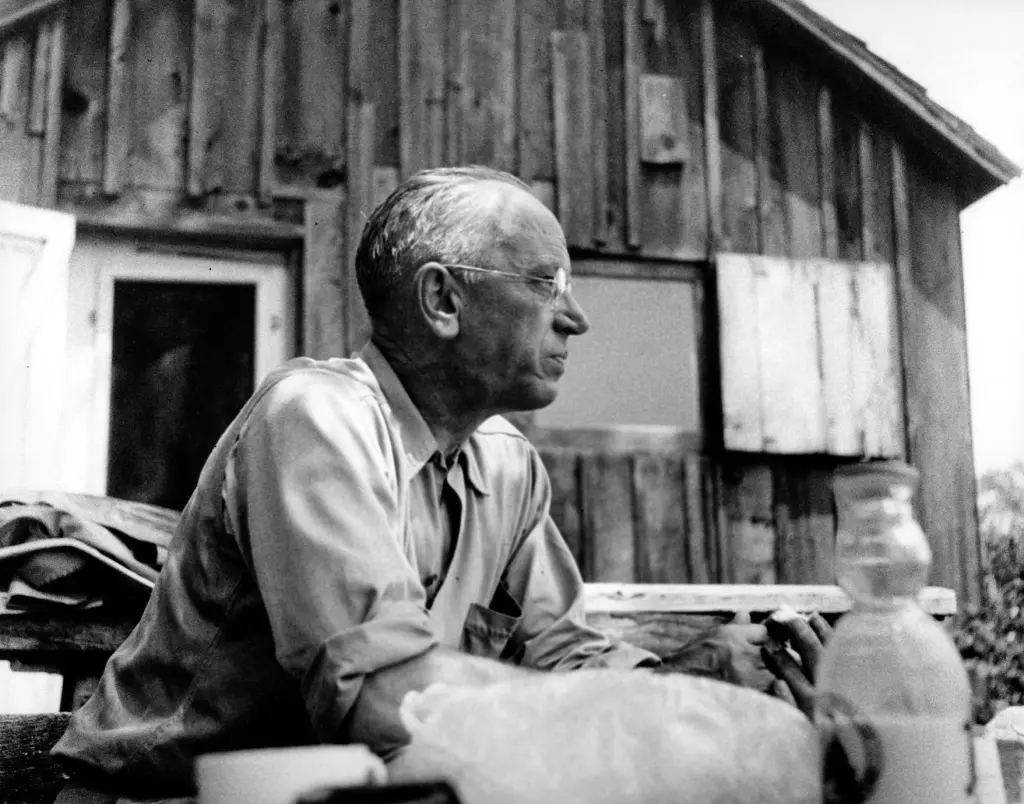
Leopold’s famous quote: “A thing is right when it tends to preserve the integrity, stability, and beauty of the biotic community. It is wrong when it tends otherwise,” summarizes a central tenet of the land ethic. It encourages us to make decisions based on what’s best for the health and long-term well-being of the entire ecosystem, rather than just what is most profitable or convenient for people. We are part of the natural community.
Our ethical relationship with the BWCAW is based on love, respect, and admiration for it, standing in contrast to treating it as a resource to be consumed.
Outdoor ethics – Reclaiming Our Connection
As wilderness outfitters, we recognize and reflect on the inevitable tension between our innate love of and experience with the wilderness and the necessity of our being part of the system that commodifies it. That recognition motivates us to incorporate actionable steps in our business to encourage the people we are honored to send into the wilderness to be aware of their impact on the environment.
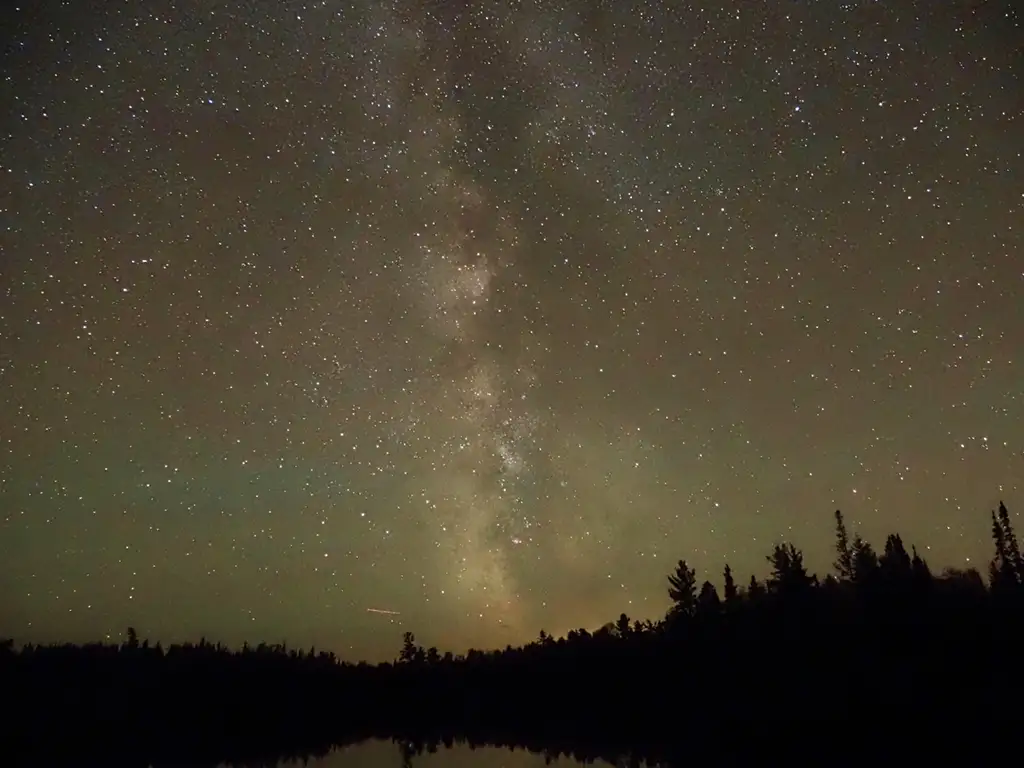
We’ve learned the history of our area and strive to share it with you. Indigenous settlers centuries ago thrived and explored the lakes and trails. As America modernized, extraction industries, such as logging, mining to an extent, and fishing, dominated the late 19th and early 20th centuries. Even before the Boundary Waters Canoe Area Wilderness Act of 1978, wilderness adventures and the businesses that facilitated them were part of the area. And they all incorporate the Land Ethic that is fundamental to preserving the land we love.
Whether planning a wilderness trip or simply going about your daily life, consider doing business with companies and organizations that are actively involved in conservation and sustainable practices. The Leave No Trace guidelines provide a framework for minimizing your impact on the natural world wherever you are. By following these practical and ethical guidelines, we demonstrate our commitment to protecting the outdoors and ensuring it remains enjoyable for future generations.
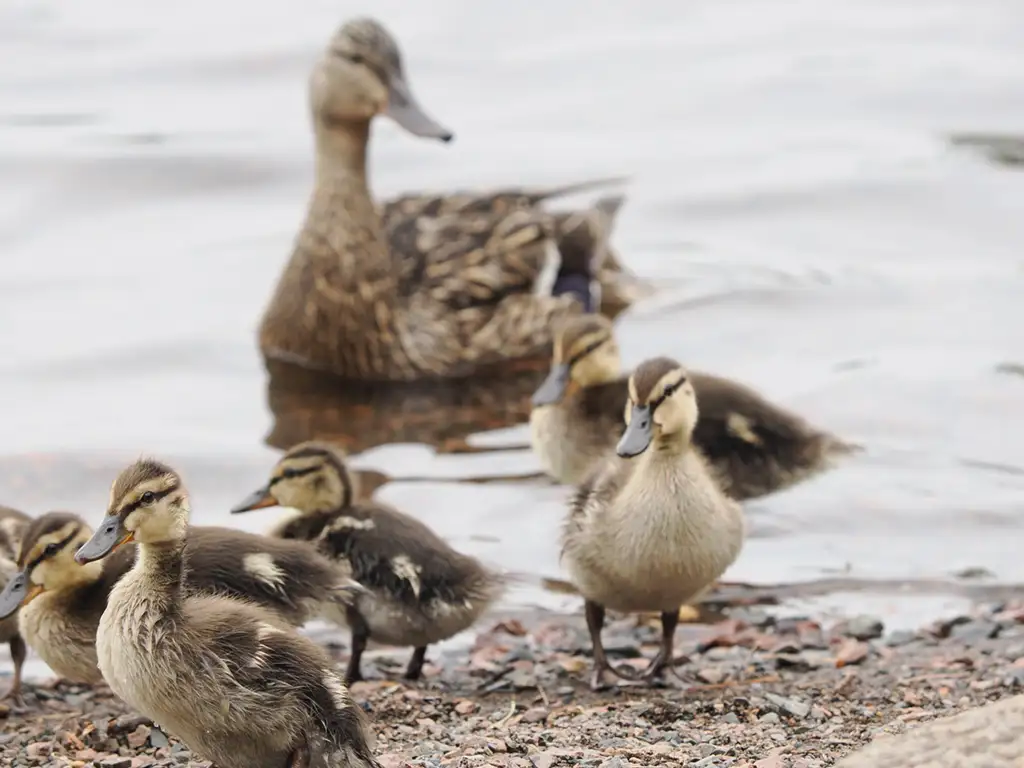
A New Kind of Urgency
Today, social media groups and posts, as well as corporate branding, promote wilderness experiences in the BWCAW to an ever-wider audience of potential visitors. Increasing the number of people who are aware of our wilderness and can explore our lakes and trails can be beneficial for preservation. We must harness our love for the wilderness to become more mindful, intentional, and responsible stewards of the land. Let’s shift from being mere consumers of wilderness to becoming actual participants in the natural community. Let’s evolve beyond passive admiration to active, ethical participation in the preservation of our wilderness.

